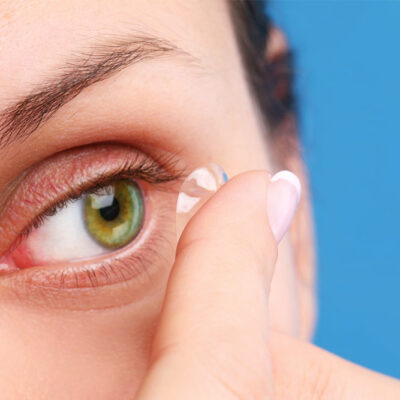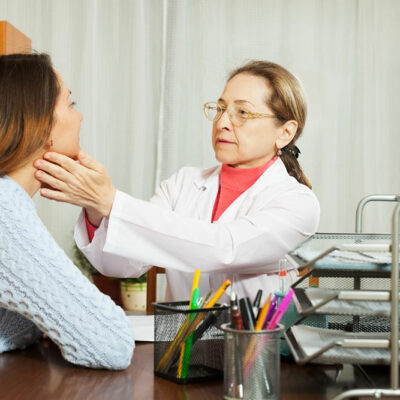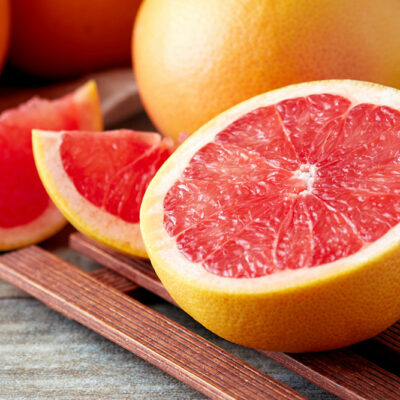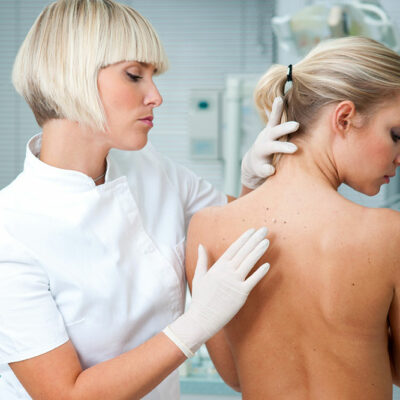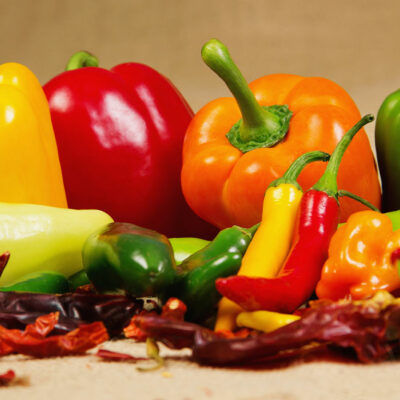
6 foods that help clear congestion and boost lung health
Nutrition makes up for a considerable portion of a healthy lifestyle, where what kind of food one eats is paramount. Every disease, regardless of what it is, requires the patient to be wary of what they eat, and there are always foods that are either acceptable or avoidable. The same goes for lung health. Therefore, given below are some common foods that help reduce congestion, boost lung health, and should be included in daily meals. Peppers Peppers are rich in vitamin C and are known for their antioxidant properties. Studies suggest that eating a medium-sized sweet red pepper can give the body 169% of the recommended intake of vitamin C. This food is also known for decreasing inflammation in the body. Turmeric Turmeric is a well-known remedial herb used for traditional healing in Asian culture. It contains antioxidants and anti-inflammatory properties, which help heal the body and other health conditions. The main active turmeric compound, curcumin, is primarily known for its beneficial role in lung health. A study with 2,478 participants included consuming turmeric for research purposes, and the conclusive result stated that curcumin intake improves lung function in individuals. Green tea This particular beverage is known for its healing properties due to its high concentration of antioxidants and anti-inflammatory compounds.
Read More 

